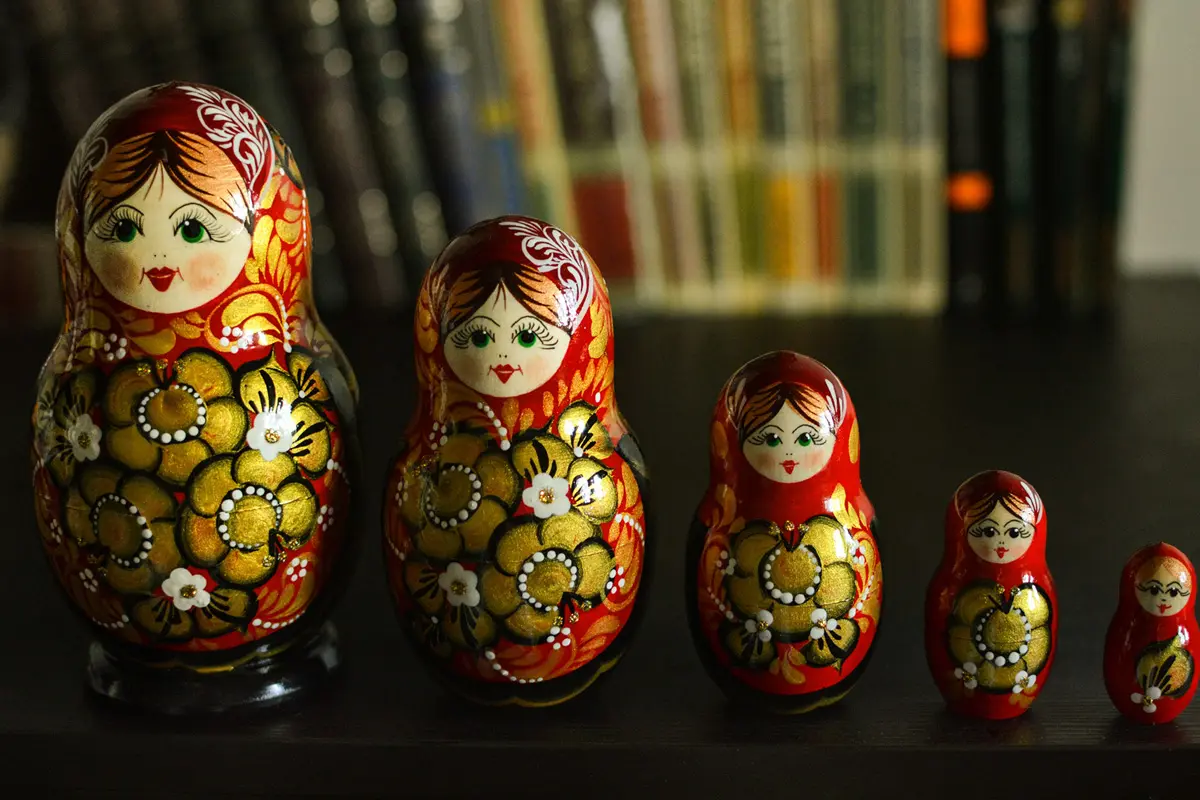
Photo by Julia Kadel on Unsplash
Table of Contents
Open Table of Contents
- Why Learn How to Say “Thank You” in Russian?
- The Core Phrase: Спасибо (Spasibo)
- Where Спасибо Comes From
- Saying Thank You in Formal Situations
- Informal Ways to Say Thank You
- How to Respond to Спасибо
- Using Thank You in Real Contexts
- Tips for Pronunciation
- When Not to Say Спасибо
- Thank You Across Russian-Speaking Countries
- Thank You in Russian for Kids and Learners
- Thank You in Russian in Business and Emails
- Bonus: Other Polite Phrases to Learn
- Final Thoughts: Спасибо Opens Doors
Why Learn How to Say “Thank You” in Russian?
Saying thank you is a universal sign of politeness — and in Russian, it carries weight. Whether you’re traveling to Moscow, meeting Russian speakers online, or learning the language for cultural appreciation, knowing how to say thank you in Russian language is your first step into courteous communication.
The Core Phrase: Спасибо (Spasibo)
The most direct and common way to say “thank you” in Russian is:
Спасибо (pronounced: spah-SEE-bo)
Meaning: Thank you
This word is widely understood and used across Russia, Ukraine, Belarus, and other countries where Russian is spoken. It works in formal and informal settings and is appropriate in almost every situation.
Where Спасибо Comes From
“Спасибо” is a shortened form of “Спаси Бог,” which translates to “God save you.” The religious origin isn’t commonly acknowledged in daily use, but it gives the word a deep historical resonance. Over time, it evolved into a secular way to express gratitude.
Saying Thank You in Formal Situations
For more respectful or formal tones, consider:
- Большое спасибо (bol-SHO-ye spa-SEE-bo) — Thank you very much
- Огромное спасибо (a-GROM-na-ye spa-SEE-bo) — A huge thank you
- Благодарю вас (bla-ga-da-RYU vas) — I thank you (formal/literary)
“Благодарю вас” is considered polite and elegant. You might hear it in interviews, formal emails, or public speeches.
Informal Ways to Say Thank You
When speaking casually with friends or family, you might hear:
- Спасибо тебе (spa-SEE-bo tee-BYE) — Thank you (to a close person)
- Спасибки (spa-SEE-bkee) — A cute or slangy way to say thanks
- Пасиб (pa-SEEB) — Very informal, like “thanks” in English
These informal variations show how expressive and flexible Russian can be with gratitude.
How to Respond to Спасибо
Just like in English, you’ll want to know how to respond when someone says thank you. Here are your go-to replies:
| Phrase | Pronunciation | Meaning |
|---|---|---|
| Пожалуйста | pa-ZHA-lus-ta | You’re welcome |
| Не за что | nye ZA shta | Don’t mention it |
| Всегда пожалуйста | vseg-DA pa-ZHA-lus-ta | Always welcome |
| Рад помочь (m) / Рада помочь (f) | rad / rada pa-MOCH | Glad to help |
Using Thank You in Real Contexts
Knowing the phrase is one thing — using it naturally is another. Here are examples to help:
At a store:
🗣️ “Спасибо, чек пожалуйста.”
(Thank you, receipt please.)
Receiving help:
🗣️ “Огромное спасибо за помощь!”
(Thanks a lot for the help!)
To a friend handing you something:
🗣️ “Спасибки!”
(Thanks!)
Tips for Pronunciation
Russian can feel intimidating, but with these pronunciation tricks, you’ll sound natural:
- The “о” in “спасибо” sounds like “a” — it’s unstressed.
- The stress is always on the second syllable: spa-SEE-bo.
- Don’t pronounce the “б” at the end too hard — it should feel soft.
When Not to Say Спасибо
In Russian culture, silence or a nod can sometimes replace a thank you — especially among close friends or in public transit scenarios. Overusing “thank you” can sound overly formal or awkward, depending on the situation. Trust your intuition and observe native speakers.
Thank You Across Russian-Speaking Countries
While “Спасибо” is universally understood, dialect and tone can vary:
- In Ukraine: Russian speakers still say “спасибо,” though many switch to Ukrainian “Дякую.”
- In Belarus: “Спасибо” is common, but formal alternatives like “благодарю” might be used more often.
- In Kazakhstan and the Caucasus: You’ll hear “спасибо,” but local phrases may accompany it.
Thank You in Russian for Kids and Learners
Learning “thank you” is often the first phrase taught to kids. Teaching your child “спасибо” builds foundational respect and language rhythm.
👨🏫 Tip: Use songs or videos like “Спасибо, пожалуйста” to create fun learning loops.
Thank You in Russian in Business and Emails
In written communication, Russians often write “Благодарю за ваше письмо” (Thank you for your letter) or simply “Спасибо!” followed by a closing.
Here are examples:
Formal:
Благодарю за уделенное время.
(I thank you for your time.)
Friendly professional:
Спасибо, буду ждать вашего ответа.
(Thanks, I’ll wait for your reply.)
Bonus: Other Polite Phrases to Learn
Want to go beyond “thank you”? These will boost your social confidence:
| English | Russian | Pronunciation |
|---|---|---|
| Please | Пожалуйста | pa-ZHA-lus-ta |
| Excuse me | Извините | iz-vee-NEE-tye |
| Sorry | Простите | pras-TEE-tye |
| You’re welcome | Пожалуйста | pa-ZHA-lus-ta |
Final Thoughts: Спасибо Opens Doors
Learning how to say thank you in Russian language is more than memorizing a word — it’s about connection. With just one phrase, you show kindness, openness, and cultural respect.
From casual chats to formal settings, “спасибо” fits almost everywhere. And when in doubt? Smile, say it with sincerity, and Russians will appreciate your effort.
🎯 Start using “спасибо” today, and watch your Russian communication come to life!